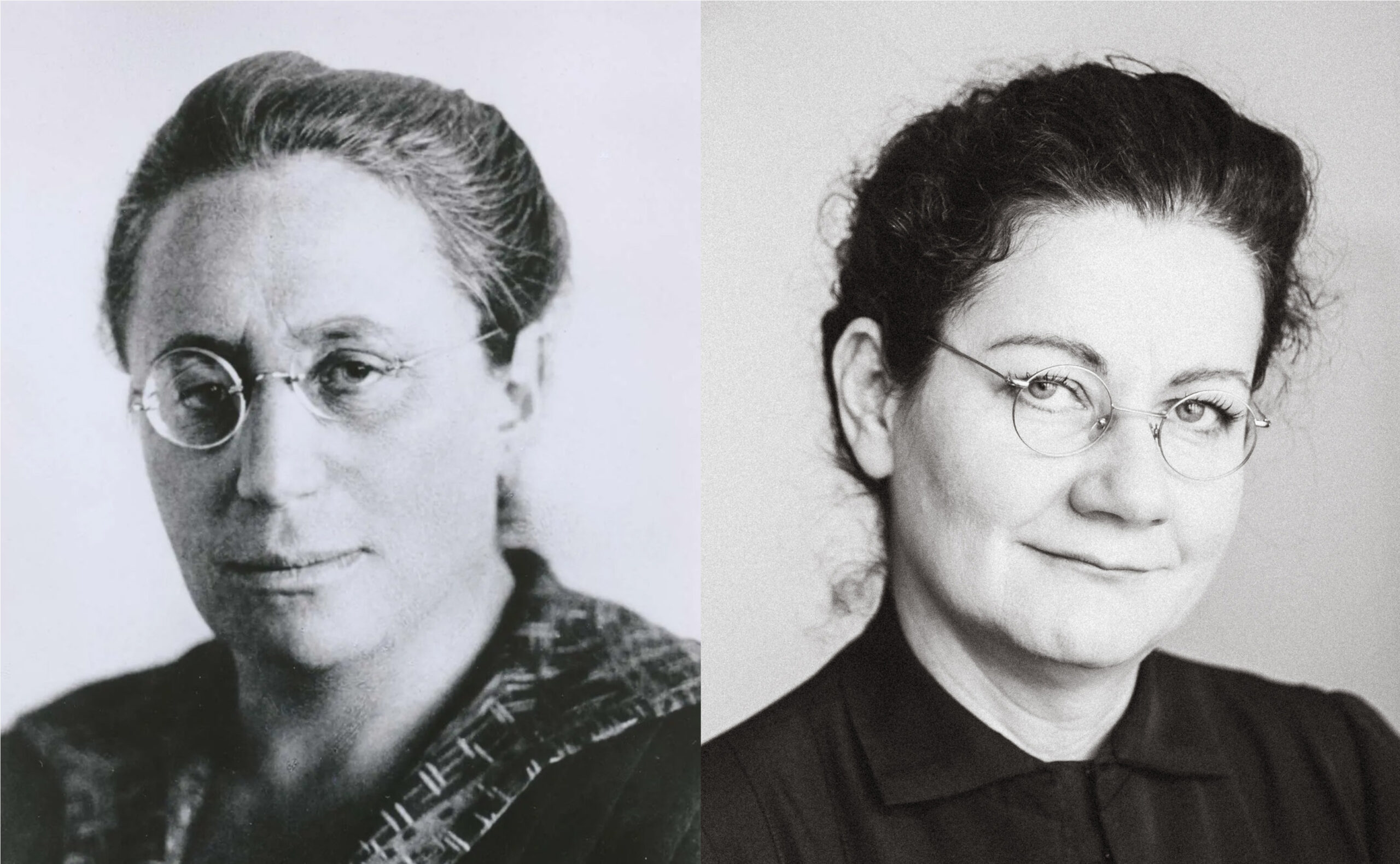Mathematics boasts many influential individuals, though just a handful have had a profound effect on its core principles. Emmy Noether, hailing from Germany and born in 1882, is part of this exceptional group. During the early 1900s, her contributions significantly altered disciplines like algebra, theoretical physics, and even the philosophical aspects of mathematics. To truly grasp the breadth and significance of Noether’s work, one should delve into the innovative concepts she presented and the enduring effects of her theorems and techniques.
Noether’s Theorem: The Connection between Symmetry and Conservation
Among the significant milestones of Emmy Noether is the formulation of Noether’s Theorem, conceived in 1915 and published in 1918. This theorem reveals a deep relationship between symmetries in physical systems and the conservation principles that oversee them. Essentially, it claims that each differentiable symmetry in the action of a physical system is linked to a conservation law.
For instance, if a system behaves identically regardless of its position in space (translational symmetry), then the system must conserve momentum. If the laws are unchanged over time (temporal symmetry), energy is conserved. This theorem did not merely clarify long-standing physical principles, it offered physicists a tool to discover new laws by uncovering hidden symmetries within physical systems.
Noether’s Theorem provides a fundamental framework in contemporary physics, playing a crucial role in developments from quantum field theory to the Standard Model of particle physics. Noether collaborated with prominent figures like Albert Einstein and David Hilbert in Göttingen, and her work significantly impacted theoretical physics at the highest echelons.
Revolutionizing Abstract Algebra: The Emergence of Noetherian Structures
Beyond physics, Noether revolutionized the discipline of mathematics by rigorously formalizing abstract algebra. Before her contributions, algebra mainly dealt with number systems and the resolution of equations. Noether brought a structural viewpoint, directing focus from the equations to the algebraic entities themselves, like groups, rings, and fields.
Her work contributed to the concept of Noetherian rings and modules. A Noetherian ring is characterized as a type of ring where every ascending sequence of ideals concludes—a feature vital for sustaining a controllable and well-organized structure within algebraic systems. This idea prevents infinite loops in algebraic methods and plays a critical role in classifying solutions for systems of equations.
The Noetherian property underlies much of modern commutative algebra and algebraic geometry. Mathematicians such as Oscar Zariski and André Weil built upon Noether’s work, applying her structural insights to the geometry of algebraic varieties and the solution spaces of polynomial equations. Today, the term Noetherian appears in a vast array of mathematical theorems and structures, attesting to the ubiquity of her influence.
Algebraic Invariants and Representation Theory
Noether made notable advancements in the field of invariant theory. This area of study examines characteristics of algebraic entities that remain constant—or invariant—when groups act upon them. Her dissertation and initial research were centered on these topics, but her greatest influence was through organizing invariant theory using abstract techniques.
She played a crucial role in redefining and expanding the application of group representations. These link group theory with linear algebra and have uses in number theory, geometry, and theoretical physics. Her formulation of the Noether normalization lemma enabled mathematicians to generalize complex algebraic varieties and analyze them via lower-dimensional counterparts.
Surpassing Challenges: Gender, Education, and Heritage
Noether’s mathematics was visionary, but her journey was anything but smooth. At the time, German universities were not open to professors who were women. Despite this, Noether persisted, contributing significantly without pay for several years while working under the aegis of great mathematicians like Felix Klein and David Hilbert at the University of Göttingen. When Hilbert tried to secure a professorship for Noether, his defense of her capacity in the face of prejudice became legendary: “Gentlemen, the university senate is not a bathhouse!”
After fleeing Nazi Germany due to her Jewish heritage, Noether continued her work as a faculty member at Bryn Mawr College in the United States, where she educated a new generation of mathematicians and fostered a rigorous academic community.
Influence on Mathematics and Physics: A Lasting Paradigm Shift
The breadth of Noether’s influence extends far beyond her original publications. Her abstract and axiomatic approach serves as a template for mathematical research in the twentieth and twenty-first centuries. Modern textbooks on algebra, geometry, and topology almost invariably reference Noetherian structures and techniques. Her theorem remains a starting point for the interplay between mathematics and physics, particularly in advanced studies of conservation laws and quantum symmetries.
Furthermore, Noether’s achievements and legacy serve as a powerful example of intellectual persistence and the essential importance of inclusivity in the scientific community. She paved the way for mathematical innovation and motivated future generations, proving that any obstacles, whether institutional or otherwise, can be surmounted through a clear vision and steadfast commitment to exploration.
Emmy Noether’s legacy is embedded deeply within the core of twentieth-century mathematics and physics. With each instance where a mathematician refers to a Noetherian idea or a physicist utilizes Noether’s Theorem to understand a novel symmetry in the cosmos, her vast impact is reconfirmed. In a domain characterized by abstraction and infinity, Emmy Noether’s work highlights the harmony between structure and law—steering inquiries that encompass everything from algebraic frameworks to the essential principles governing the universe.




